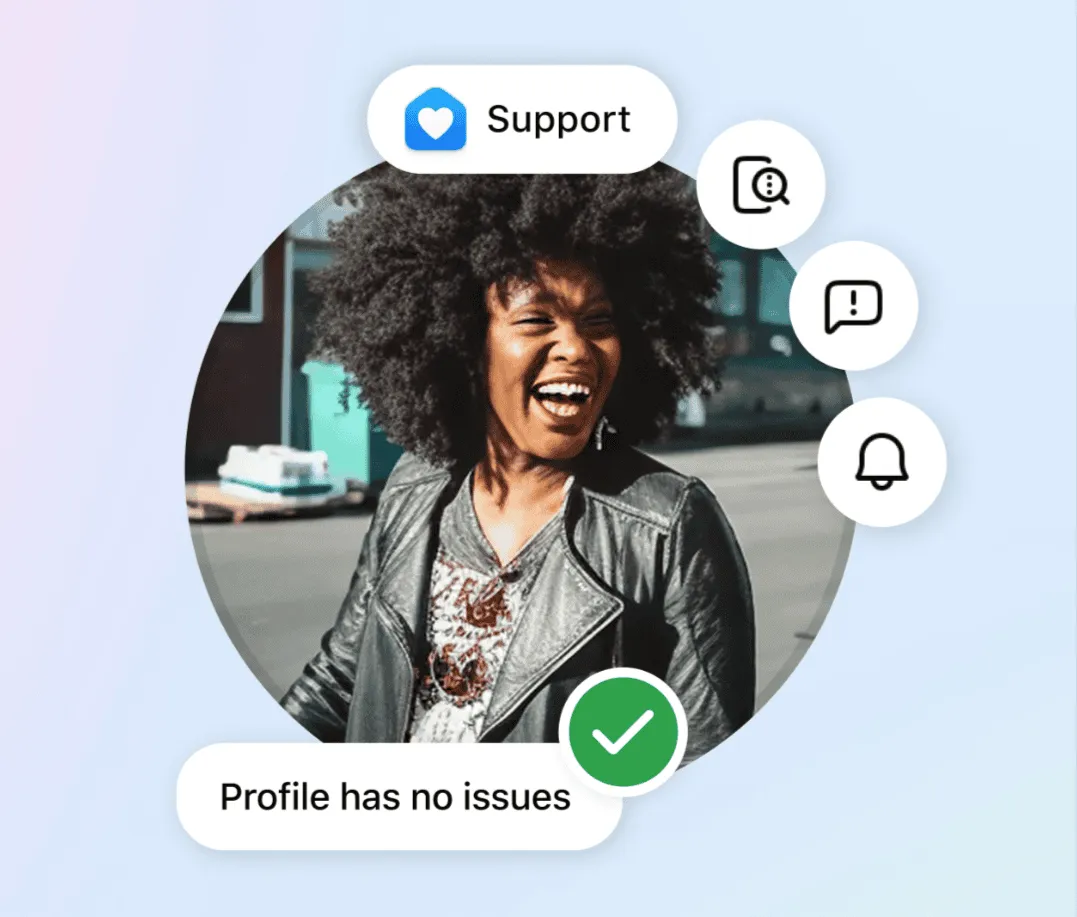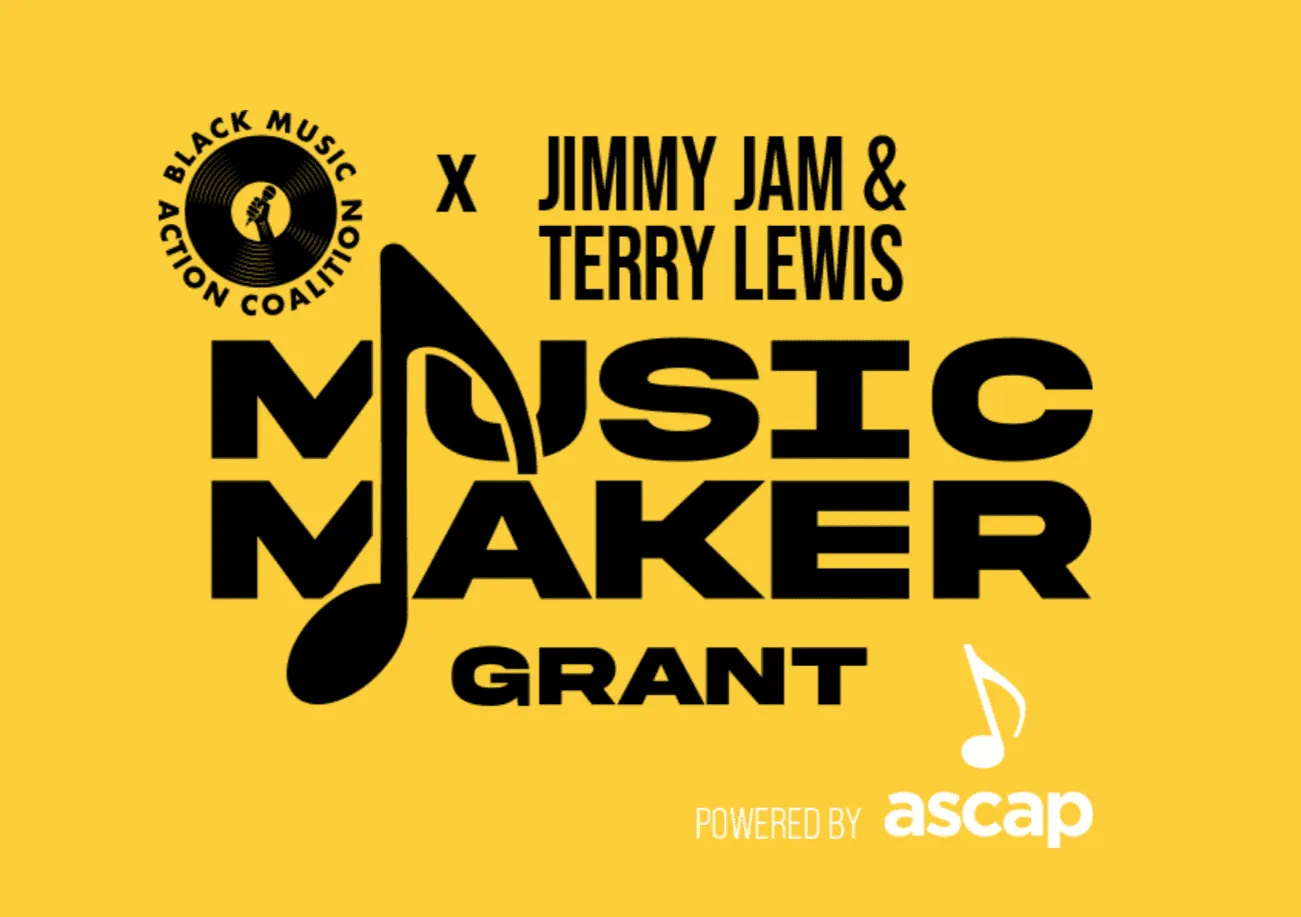Impulsive Selves
Now, here's where things get tricky, which is where the element of impulsivity comes into play. By design, Pandora plays songs that sound like songs you've praised previously. So, what happens the next time a song plays that features a subtle use of vocal harmony, acoustic rhythm piano, repetitive melodic phrasing, among other things that isn't Dashboard Confessional or Jay Brannan, but is so close that my brain jolts with a reward and "tells" me that I should like this song? Honestly, my reward center probably doesn't know the difference between one song and the next, it simply recalls patterns that have been reinforced as "good" over time. In that moment then, it's safe to say that while I may like the song simply because I like the song because it's like the other songs that I like, it's also a song that my reward center predicted to be a different song and fired off because it thought it was the song that I like. Following? It's sort of like Pavlovian conditioning, but with more bells, and hopefully no salivating. Instead, our brain falsely primes similar songs as good songs, because it momentarily predicted them to be other songs. Naturally, Pandora strives to provide users with more and more songs that they will give a "Thumbs Up" to, and as users, we want to have songs that we give "Thumbs Up" to. It's reinforcing, it's rewarding, and we like it. But is this process feeding our better selves and our extraordinary taste in music? Or, conversely, is it bringing out our impulsive selves and our shallow taste in music? Like any answer, this one lies somewhere in the middle.Junk Music However, I fear we may be consuming music that's equivalent of junk food. It's comforting and it pleases us. There's nothing wrong with that. Music should comfort and please us. But is there a line to draw? Are we too quickly jumping at the first song that sounds like other songs and giving it a "Thumbs Up" too soon? I think so. Now, if you've used thesixtyone before, you've experienced the flipside of this pain. The site only lets users "Heart" songs if they've listened to a whole minute. In vain, I've found myself clicking and clicking and getting angry that thesixtyone won't let me "Heart" a song because dammit, I liked that song. I want my reward. It's true that some people have more compulsive personalities than others, but I think Pandora (and other apps like it) has the power to imbue impulsivity in us. This may be part of the reason why Pandora is popular – almost addicting even. It hijacks our inner reward system and maintains a variable reinforcement schedule. Next time you're grabbing your iPod Touch and looking to give a new song instant praise, maybe it's worth asking if you do like it or if you've actually been tricked? Wait, tricked? Yes, by your impulsive, pattern-seeing, reward-seeking, self.




